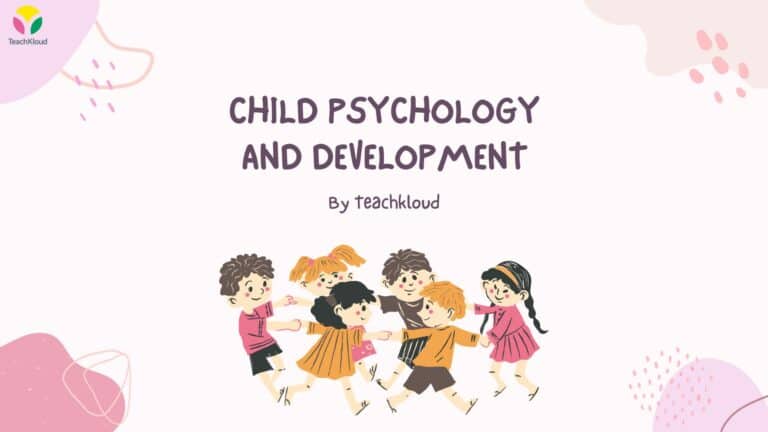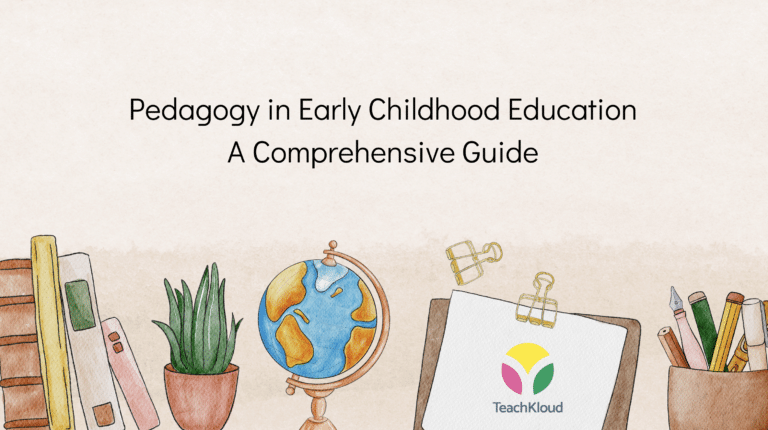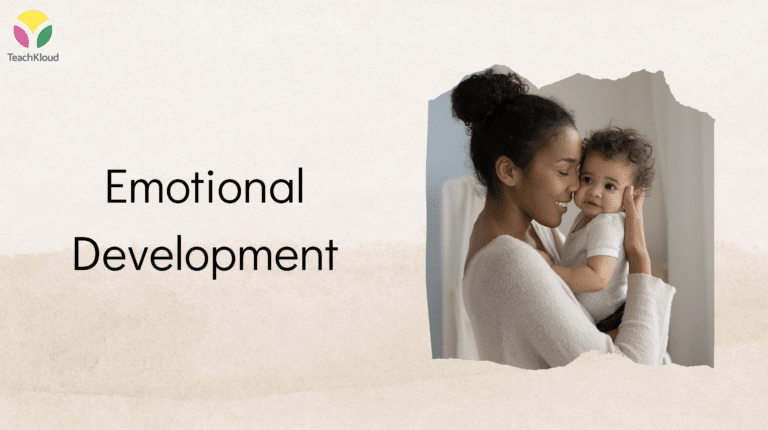Developmental Milestones — What you need to know!

What we know about child development comes from theories developed by psychologists such as Jean Piaget (1896–1990). It was Charles Darwin who first emphasised the developmental nature of infant behaviour as an orderly process of change (Papalia et al., 2007: 7). We use milestones as a reference as a source of information rather than as a prescriptive checklist.
What is Child Development?
Child development involves change and stability in areas of development (i.e. physical, cognitive, emotional, social) from birth through adolescence, which can either be progressive or regressive (Martin et al., 2009; Papalia et al., 2007).
Some Influences on Development
- Heredity
- Environment
- Age
- Maturation
Some Influences on the developmental processes and outcomes
- Nutrition
- Type of medical care
- Type of schooling received
- The child’s home and immediate environment such as their neighbourhood
Why you need to understand child development theory
According to Oller et al., (2014) anyone working with children should study child development, such as normal language skills, for three main reasons:
1. To be able to recognize and diagnose difficulties and to judge their severity accurately
2. To know how to intervene, where to focus intervention, in teaching (i.e. to change or introduce new learning opportunities) or in therapy (to refer for assessment).
3. To assess the effectiveness of treatments and sensibly evaluate theories of causation.
Are Milestones important?
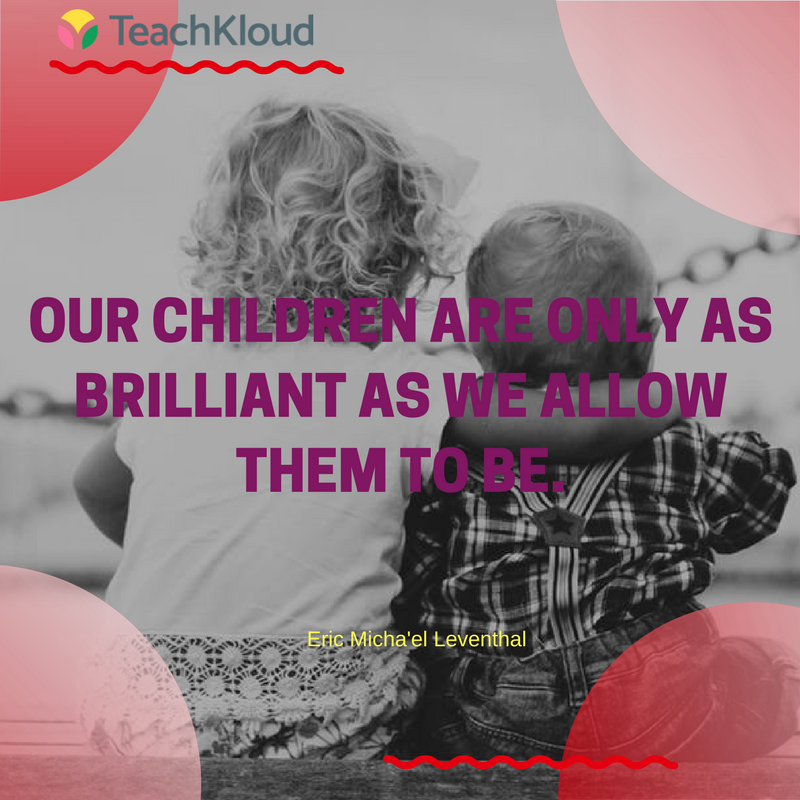
Monitoring child development can be an important tool. it can be used to ensure that children are developing at a normative rate. However, milestones should be used with caution as every child is unique; children develop and grow at different rates. They should only be used as a source of reference. However, it is important to know what to look out for, so that any developmental delays or issues can be detected.
Early years educators, care for and educate very young children. As a result, they may be the first people to notice any issues. Having a good understanding of child development theory could start the process of early intervention.
Checklists or milestone charts can be used to compare ‘normal development’ for a particular age or stage of development. They can be used in conjunction with observational tools or while carrying out observations on children (curriculum planning should be based on what you have observed, your professional knowledge, what the child can do, and their interests). Outcomes can be favourable, when you make a conscientious effort to provide experiences for young children that foster the development of milestones. However, child outcomes should not be your focus but the process of learning should take precedent.
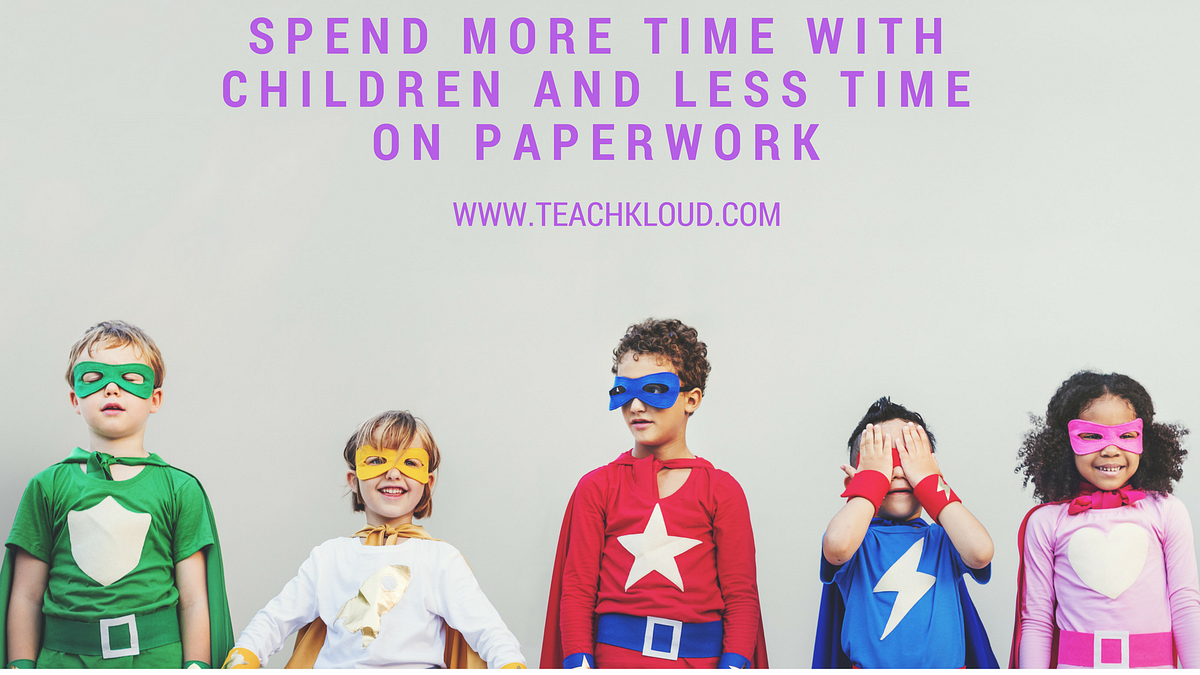
At TeachKloud we empower and support educators in documenting, planning and observing children’s learning. We also support preschool providers in complying with preschool regulations, communicating with parents and encouraging child-centred practices. Free trial now HERE.

